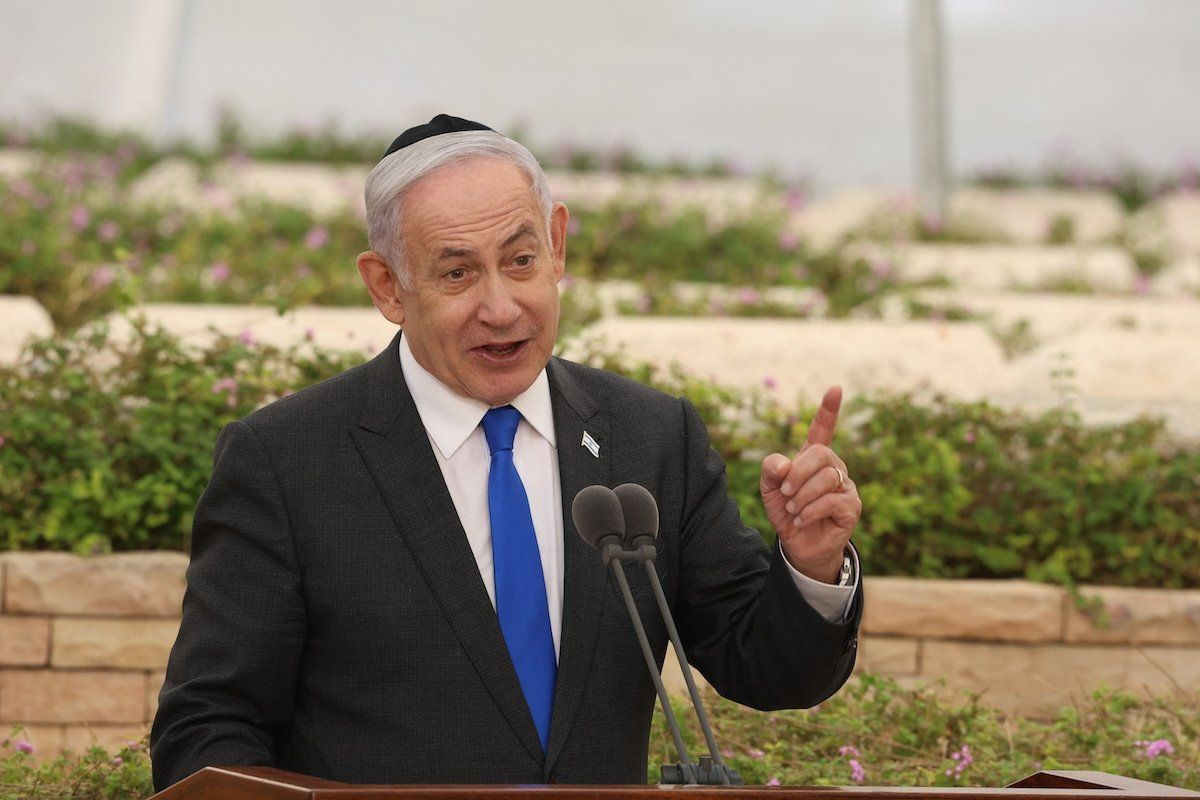Israeli Prime Minister Benjamin Netanyahu in an interview on Sunday said the “intense phase” of the war in Gaza will soon end while effectively rejecting a US-backed proposal meant to pave the way to a permanent cease-fire. But in an apparent effort to contain the potential fallout from his comments, the Israeli leader reversed course Monday and said he remains committed to the cease-fire plan.
During the Sunday interview, however, Bibi also said the IDF could shift its focus to Lebanon amid an escalating tit-for-tat with Hezbollah, the powerful Iran-backed militant group. “After the end of the intense phase, we will have the possibility to shift some of the power north, and we will do it,” he said.
Thwarting two-front war. Meanwhile, Israeli Defense Minister Yoav Gallant is in Washington this week to meet with US officials for what he called “critical” discussions on Gaza and Lebanon. Gen. Charles Q. Brown, chairman of the Joint Chiefs of Staff, warned Sunday that Iran could swoop in to aid Hezbollah if Israel escalates the fight — and said the US would be limited in its ability to help.
We’ll be watching to see if the US can help prevent a two-front war in the days ahead.
